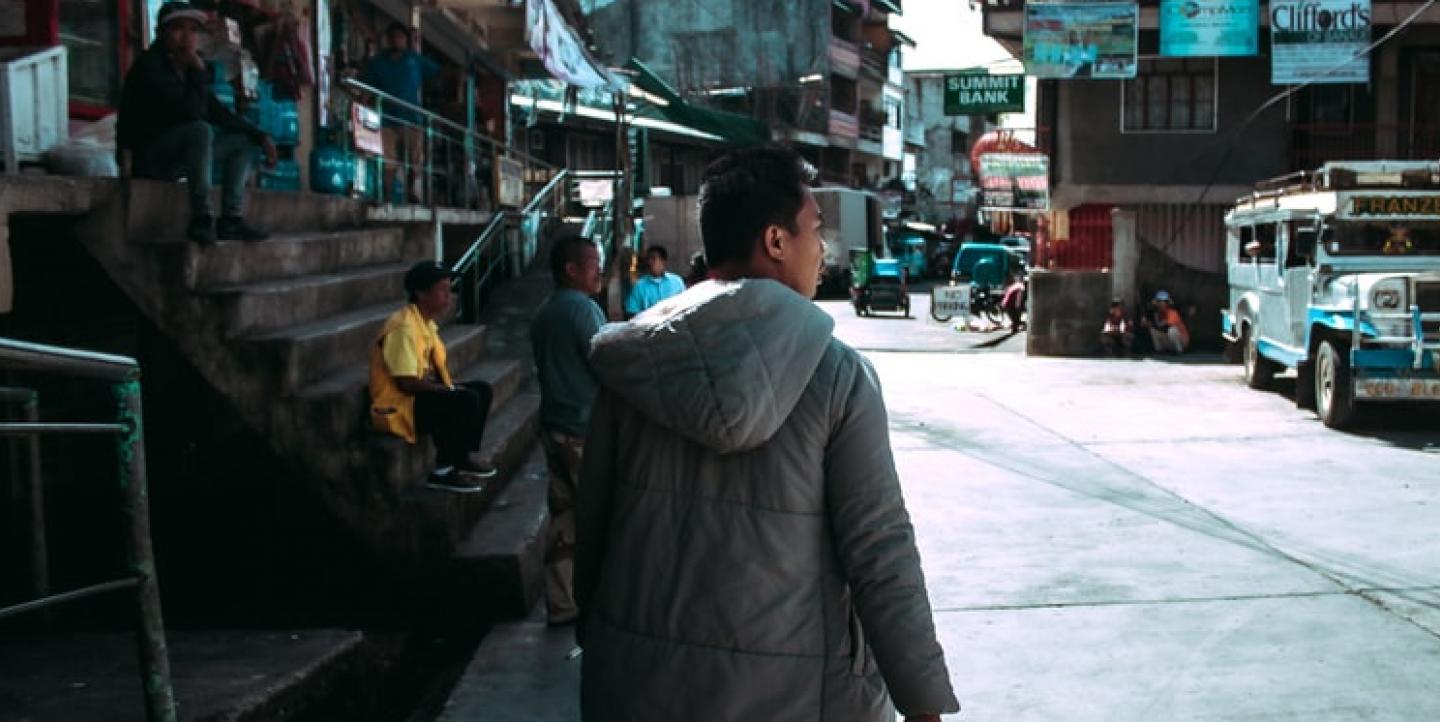It usually starts with a simple email or WhatsApp message: "I'm a journalist, and I got your contact information from so-and-so. I'm traveling to your country and am looking for a fixer."
Although these requests have been less common over the past year due to travel restrictions during COVID-19, they will certainly increase in frequency as the world rebounds from the pandemic.
This article examines the role a fixer plays to assist reporting efforts, and the challenges that come with it.
The fixer’s role
A fixer is someone that a journalist or reporting team might hire to accompany them when they travel to a new location for their work. Fixers are closely familiar with the local customs and practices, are well-versed in relevant issues, and they might also serve as translators. When fixers are journalists themselves, they can take on even more work, too.
Fixers take into account the type of outlet conducting the reporting, whether it be radio, TV or print, for example. They also consider the nature of the reporting: is it hard news, a magazine feature or a documentary film, among other formats? Understanding the local context is critical, as well: for instance, is the location in a conflict zone?
"It's a huge human and editorial investment," said Marie Naudascher, a French journalist and fixer based in Brazil. "Either the journalist who solicits us has a precise idea for a story and we provide [them] with contacts from our address book, or their idea is more general and we give them the story to tell."
[Read more: African journalists find refuge, little professional opportunity in France]
Emmanuelle Sodji, a Togolese video reporter who investigated the trafficking of Tramadol in West Africa, confirmed this. "The quality of the story depends on [the fixer]. [They] find the right characters and the right [video] sequences.” The fixer also coordinates logistics, such as the vehicle, driver, translator, and catering, files needed authorization requests and arranges itineraries.
The journalists or the reporting team travel often only for a limited time, and with a defined budget, so everything must be planned out. "There can be no problems; [fixers] should have a plan B and a plan C. [They] have to be a real Swiss Army knife," said Naudascher.
Being able to adapt and react is key for fixers. It’s also essential to understand the journalists’ requirements before they arrive, and to agree on the work that is expected.
New experiences and travel
While the pay can be attractive, it isn’t a fixer’s primary motivation.
"Being with experienced reporters allowed me to see other ways of working. I learned a lot and made friends," said Rania Massoud, a journalist who used to work for L'Orient Le Jour. Her work as a fixer has enabled her to travel throughout Lebanon, from refugee camps to seaside villages.
Naudascher also pointed to the unique experiences she has had as a fixer. "I went to the Amazon for a story on pink dolphins, which I wouldn't have done otherwise," she said.
Local issues and customs
Prejudices and cultural differences can create tension on a reporting trip. The journalists requesting assistance from fixers will likely be less familiar with the local subjects and context. "The hardest thing is to make them understand that the reality on the ground is different," said Sodji.
Sodji highlighted cultural challenges that she has helped reporters navigate in West Africa. "Our foreign colleagues do not always understand that here, you have to talk to people, to put them at ease and that many things are decided at the last moment."
Fixers must reassure their clients — clients who may not understand local codes and customs, or may have preconceived notions. "This can be the most frustrating,” said Massoud. “I remember a colleague who thought she had to wear a hijab in Lebanon even though I didn't."
[Read more: 5 tips for local media covering COVID-19 vaccination efforts]
Risks
When dealing with sensitive, potentially dangerous reporting, fixers can be tasked with ensuring the team's safety. Their own wellbeing may be threatened, too, after the story is published or broadcast. "You're the local person. The interviewees have your phone number," said Naudascher.
When assisting communication efforts, fixers may have to relay expectations between journalists and their reporting sources and subjects on the ground. If not done tactfully, this could negatively impact a network of sources that took the fixers years to build.
For example, Naudascher once had to resolve a misunderstanding with a local source who didn’t want their home security system documented in any video footage taken. "It was the first thing the cameraman filmed, yet I had given my word that it wouldn't appear," she said. Fortunately she resolved the situation, avoiding any adverse consequences.
Recognition
Fixers usually work behind the scenes, and with no insurance or fixed salary. They are often paid in cash.
"That's what fixing is — you don’t exist," said Sodji. Meanwhile, Naudascher noted that she stopped working as a fixer because of a lack of status and recognition.
Still, fixers might sometimes be recognized, through a mention in the reporting credits, or in the byline as a journalist in their own right.
Without them, after all, the reporting likely wouldn’t have been possible.
Delphine Bousquet is a journalist, journalism instructor and a correspondent for multiple French media outlets in Benin. She was one of the winners of ICFJ's Covering COVID reporting contest. She also works as a fixer.
This article was originally published by our French site. It was translated to English by Sedera Ranaivoarinosy.

